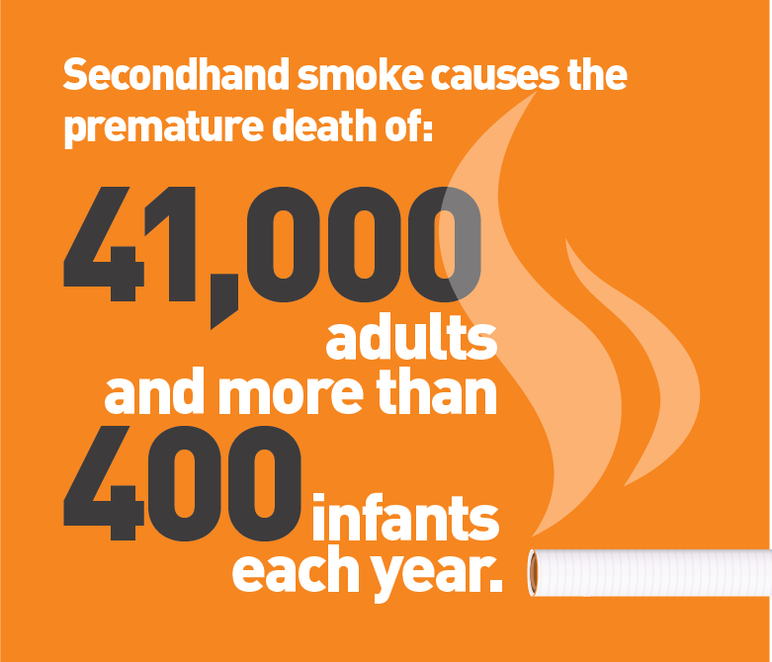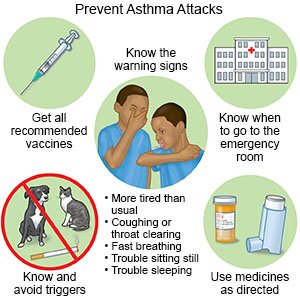Protecting Little Lungs: Understanding and Preventing Toddler Asthma
As the world prepares to observe another World Asthma Day on May 7th, 2024, it’s vital to shine a spotlight on a significant risk factor for asthma in toddlers: passive smoking. While asthma affects individuals of all ages, its impact on toddlers can be particularly worrisome due to their vulnerability and the potential long-term repercussions.
(Image Source: Pharma Excipients)
Passive smoking, or secondhand smoke exposure, poses a serious threat to the respiratory health of young children, often leading to the development or worsening of asthma symptoms. Understanding the connection between passive smoking and asthma in toddlers is essential for implementing effective prevention measures.
(Image Source: Zee News)
ALSO READ: Promising Breakthrough: NZ-97 Shows Potential as a Regenerative Treatment for Pulmonary Diseases
A recent study published in the National Library of Medicine highlights childhood exposure to smoke as a significant risk factor for asthma development. Environmental smoke exposure is identified as a key contributor to the onset and progression of asthma.
Direct links exist between passive smoking and asthma, primarily due to respiratory irritation and reduced pulmonary function. These factors contribute to increased asthma severity and prevalence. Children exposed to secondhand smoke, whether at home or in school settings, are at higher risk of experiencing active asthma symptoms, performing poorly on lung function tests, and developing chronic obstructive pulmonary disease in adulthood.
(Image Source: Truth initiative)
ALSO READ: The Ice bath Debate
Dr. Richa Mittal, a Pulmonary Medicine Consultant at Sir H.N. Reliance Foundation Hospital in Mumbai, underscores that asthma often has a genetic component, placing children with a family history at higher risk. Exposure to environmental triggers like tobacco smoke and air pollution can exacerbate the condition. Identifying and minimizing exposure to these factors is crucial for prevention.
Here are some practical tips for preventing asthma in toddlers:
(Image Source: Drugs.com )
ALSO READ: The Mysteries of Multiple Sclerosis: Early Detection Holds Key to Better Outcomes
1. Utilize Air Purifiers: Air purifiers can help reduce allergen exposure, especially in polluted areas or for children at high asthma risk. Consider using them, especially in your child’s bedroom.
2. Maintain a Clean Home Environment: Keep indoor air clean by minimizing exposure to dust mites, pet dander, smoke, and mold. Regularly launder bedding, vacuum carpets, and ensure proper ventilation to prevent dust buildup and mold growth.
3. Avoid Smoking: Secondhand smoke is a known asthma trigger. Refrain from smoking or vaping around toddlers, both indoors and outdoors, to protect their delicate lungs.
4. Promote Healthy Body Weight: Encourage regular exercise and a balanced diet to strengthen the immune system and respiratory function in toddlers. Obesity is linked to a higher asthma risk, so aim for a healthy weight through physical activity and nutritious foods.
5. Administer Flu Shots: Ensure toddlers receive recommended vaccinations, including the flu shot, to reduce the risk of respiratory infections. Emphasize proper hand hygiene to prevent the spread of germs.
6. Seek Early Intervention: Be vigilant for signs of respiratory distress in toddlers and promptly consult a doctor if asthma-like symptoms arise. Identify and address potential allergens in the environment for personalized management strategies.
7. Minimize Medication Use: Limit unnecessary medication use in children, as certain medications may increase the risk of asthma later in life.
By maintaining a clean environment, promoting active lifestyles, and managing potential triggers, parents and caregivers can reduce asthma risk and safeguard their children’s respiratory health. Early intervention and monitoring are crucial for effective asthma management.





Comments
Post a Comment